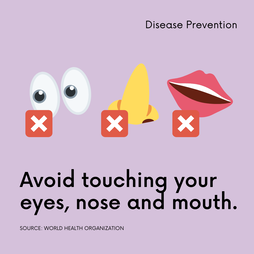
I know everyone is getting a lot of information about the coronavirus. As a therapist, I get information from other therapists around the globe on resources and approaches for dealing with life stress caused by this pandemic. This is especially important as the conformed number of deaths doubles over 7 days worldwide; and doubled in the United States in 3 days (as of March 21st, 2020). There have been 7,616 deaths in the US as of April 5th, 2020. Many people are experiencing anxiety about COVID-19, and many are also experiencing anxiety about all the life changes that are taking place with businesses closing. So what can we do to have the best life we can during this time? Here are some best take away's for managing your life and relationships during COVID-19.
What you can do?
My favorite approach to facing the corona virus has been the eBook produced by Russ Harris, which is based on Acceptance and Commitment Therapy. You can find the link to the eBook under section titled "Free Resources" below. The following is based on the acronym FACE COVID:
How COVID-19 May Impact Relationships:
In New York, lawyers are seeing an increase in calls regarding divorce because couples are finding it difficult to be around each other 24/7. Being around anyone 24/7 without breaks would be challenging. It is even more challenging when the person you are around is both the source of your greatest comfort and the source of incredible pain--couple relationships are unique this way. The FACE COVID acronym above can be used to think about how to treat family and partners during this time. Questions to ask: What do you want to stand for? How do you want to look back on this time in your life? How do you want other to remember you and how you treated them? To start, acknowledging and open up to your emotions. Next choose your values of how you want to treat others; then commit to effective actions in the direction of those values. Additionally, engaging in what you are doing together can help enhance relationship connection during this time.
How COVID-19 May Impact Relationship with Self:
The isolation from social distancing and the worries about finances can have a large impact on your relationship with yourself as well. You might find yourself feeling more sad or anxious. You might notice more hopeless thoughts or self critical thoughts. The acronym FACE COVID can be applied here too. Acknowledging and opening up to thoughts and emotions; coming back into your body and the present moment; engaging in what you are doing; and committing to treat yourself with acceptance and kindness (or other values related to your self care that you find important)--these will help you be thoughtful about the relationship you want with yourself during this time. Maybe ask yourself, how do I want my future self to look back and think about how I treated myself, or took care of myself, during COVID?
How COVID-19 Relates to Military Life: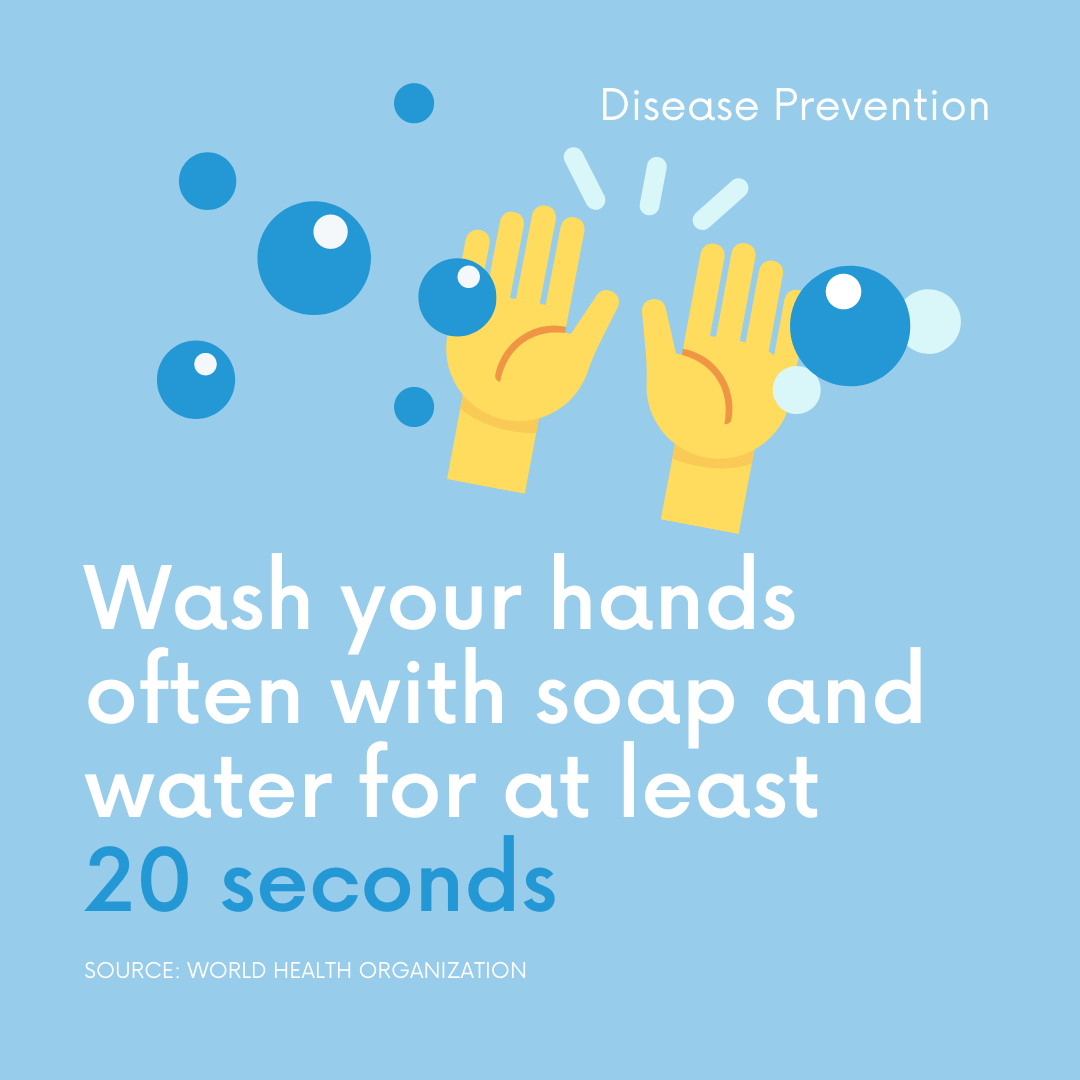
Each military individual, couple, and family will have a different experience through all of this. Some military members are working longer hours, others are home, some working from home, and some having very unpredictable schedules. For those whose spouses are deployed, there is extra anxiety about managing family life while a partner is gone, and also the extra worries related to fears of someone contracting coronavirus. This is where the F of FACE COVID will be very important. So much of military life can't be controlled; focusing on what can be controlled will help.
Free Resources:
Elizabeth Polinsky is a marriage and couple therapist specializing in working with military members, veterans, and their families. Liz is located in Norfolk, Virginia, and provides online counseling services throughout Virginia, South Carolina, and Arkansas.
DISCLAIMER: My podcast, blogs, videos, newsletters, and products are general information for educational purposes only; they are not psychotherapy and not a replacement for therapy. The information provided does not constitute the formation of a therapist-patient relationship. You should consult your doctor or mental health provider regarding advice and support for your health and well being. I cannot answer questions regarding your specific situation. If you are experiencing a medical or mental health emergency, you should call 911, report to your local ER, or call the National Crisis Hotline at 1-800-273-8255. Nothing I post should be considered professional advice. The information in my podcast, blogs, videos, newsletters, and products are not intended to be therapy or psychological advice. The podcast, blogs, videos, newsletters, and products are not a request for a testimonial, rating, or endorsement from clients regarding counseling. If you are a current or former client/ patient, please remember that your comments may jeopardize your confidentiality. I will not “friend” or “follow” current or past clients to honor ethical boundaries and privacy; nor will I respond to comments or messages through social media or other platforms from current or past clients. Current and past client’s should only contact me through the professional contact information provided on the website. Lastly, accounts may be managed by multiple people. Therefore, comments and messages are monitored by staff and are not confidential. Comments are closed.
|
The Communicate & Connect Podcast
In Communicate & Connect For Military Relationships, I provide educational tips for relationships, communication, and navigating military family life. AuthorHey, I'm Dr. Elizabeth "Liz" Polinsky and I am a marriage counselor in Virginia Beach. I provide online counseling across the states of VA, MD, NC, SC, AR, and NV. Categories
All
|
Telephone(757) 354-1157
|
liz@communicateandconnectpodcast.com
|
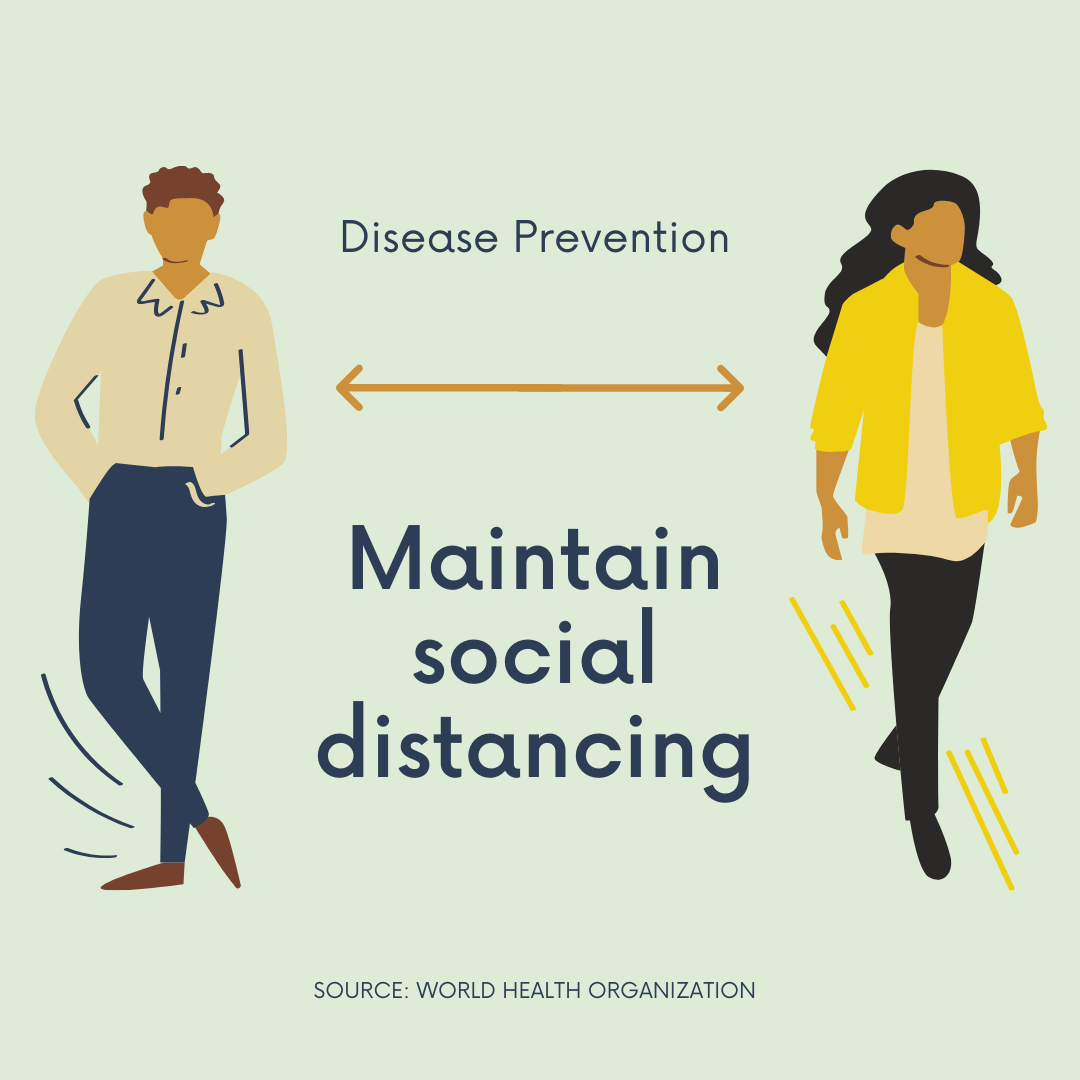
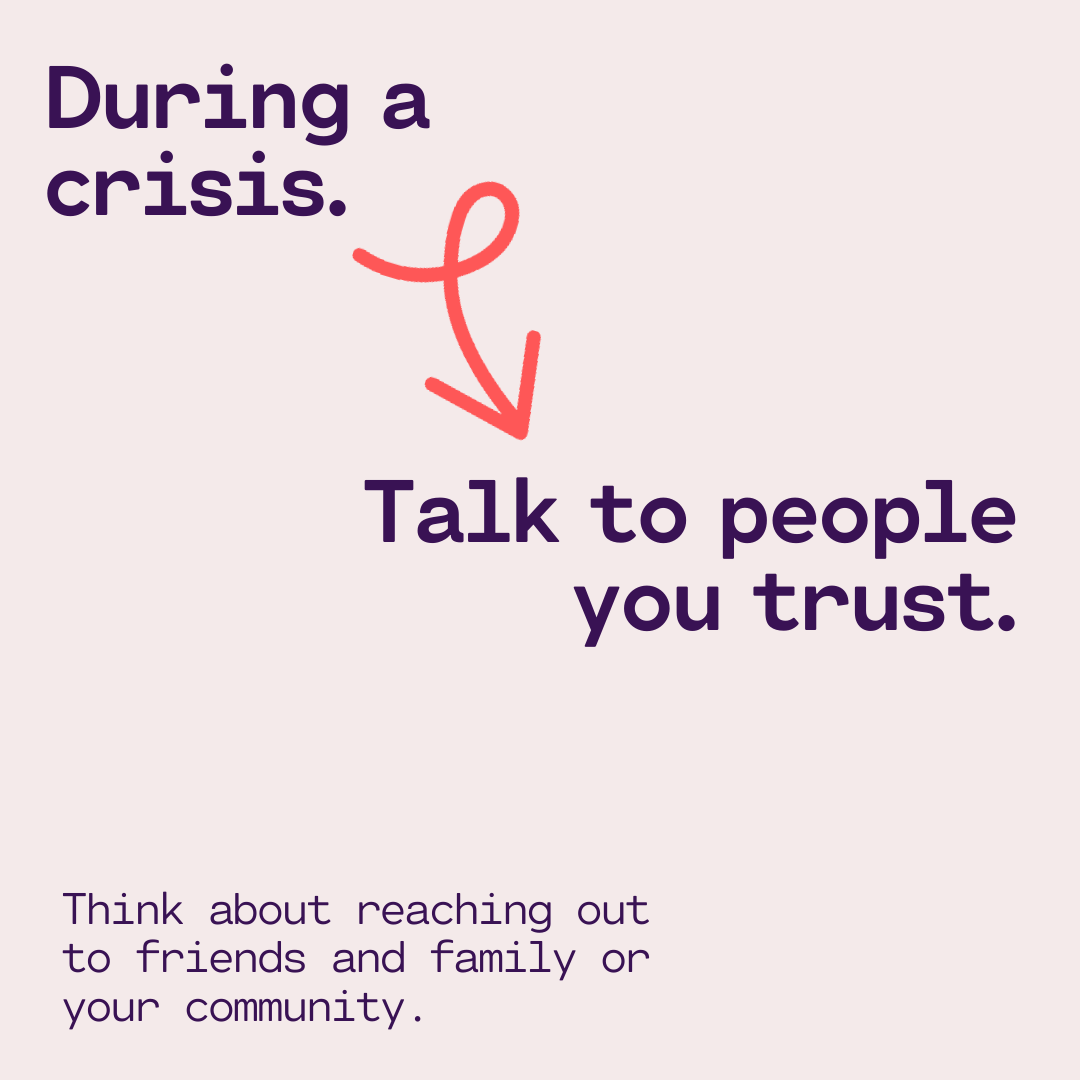
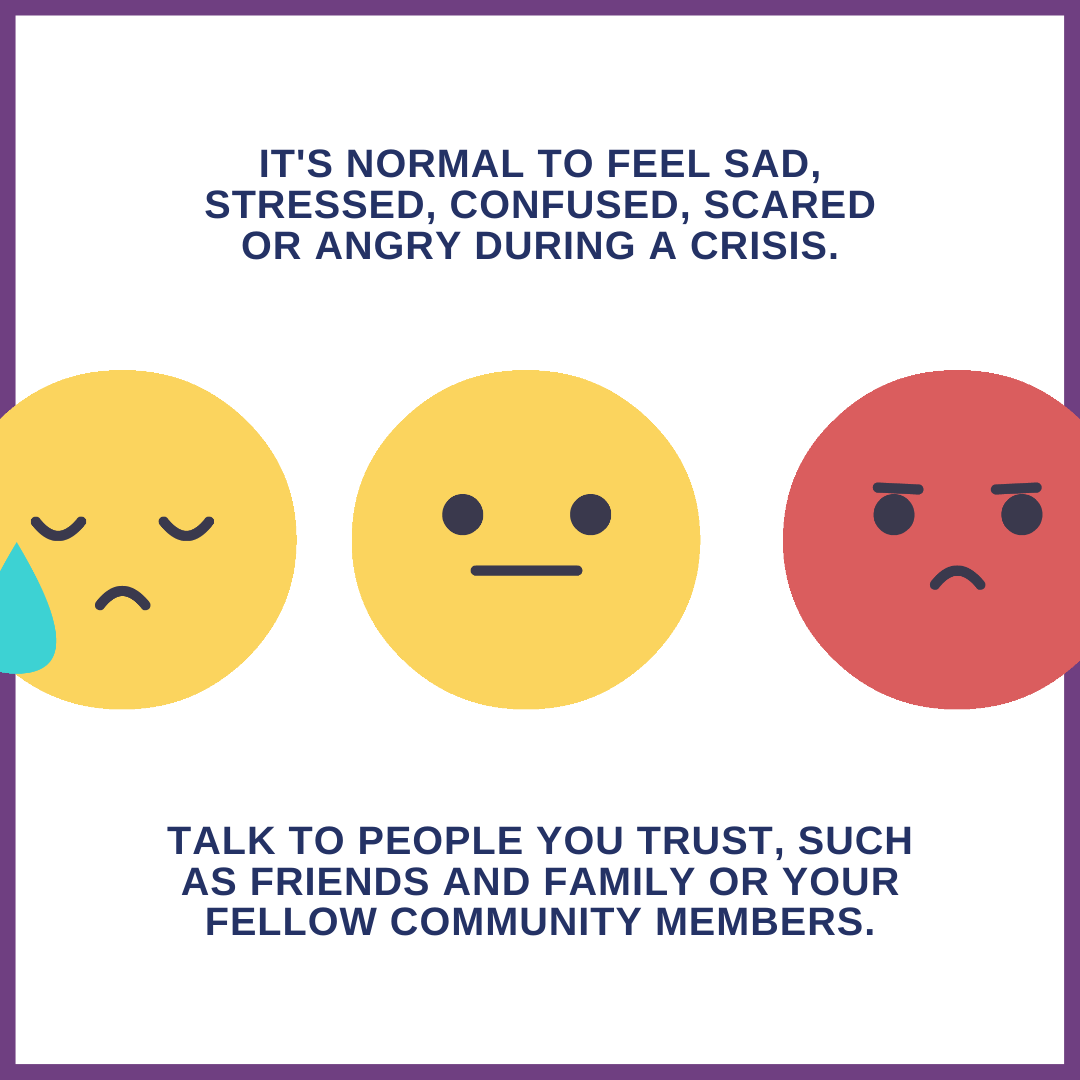
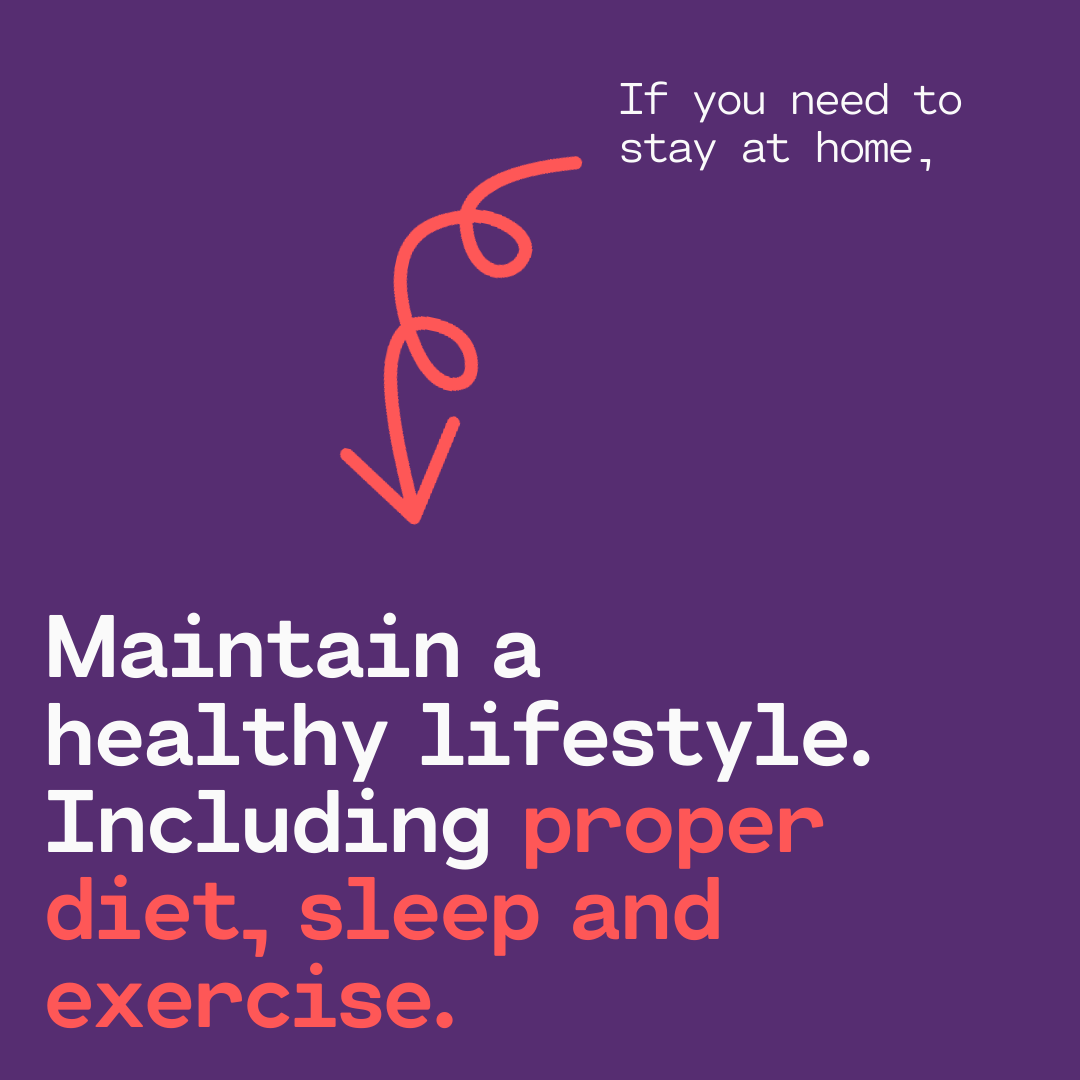
 RSS Feed
RSS Feed
